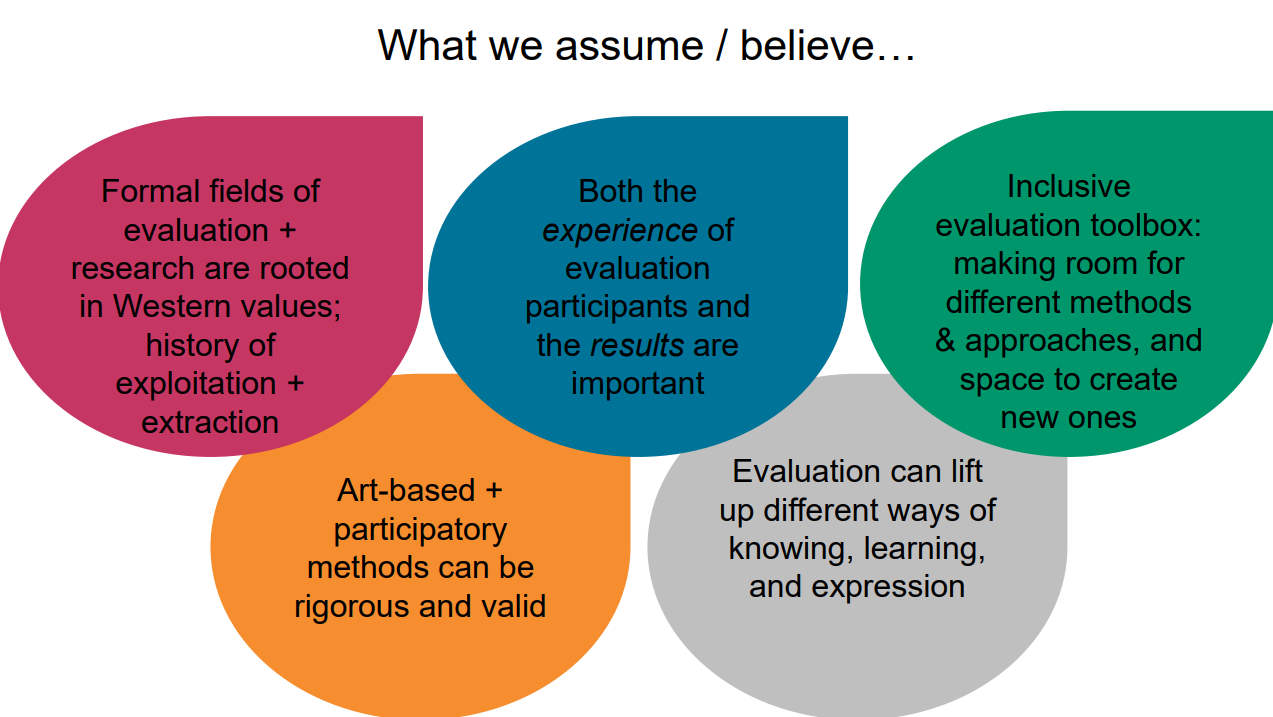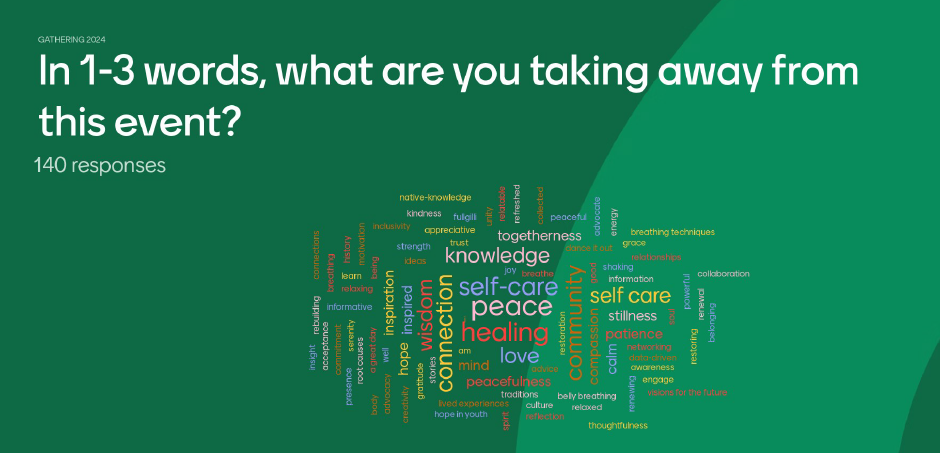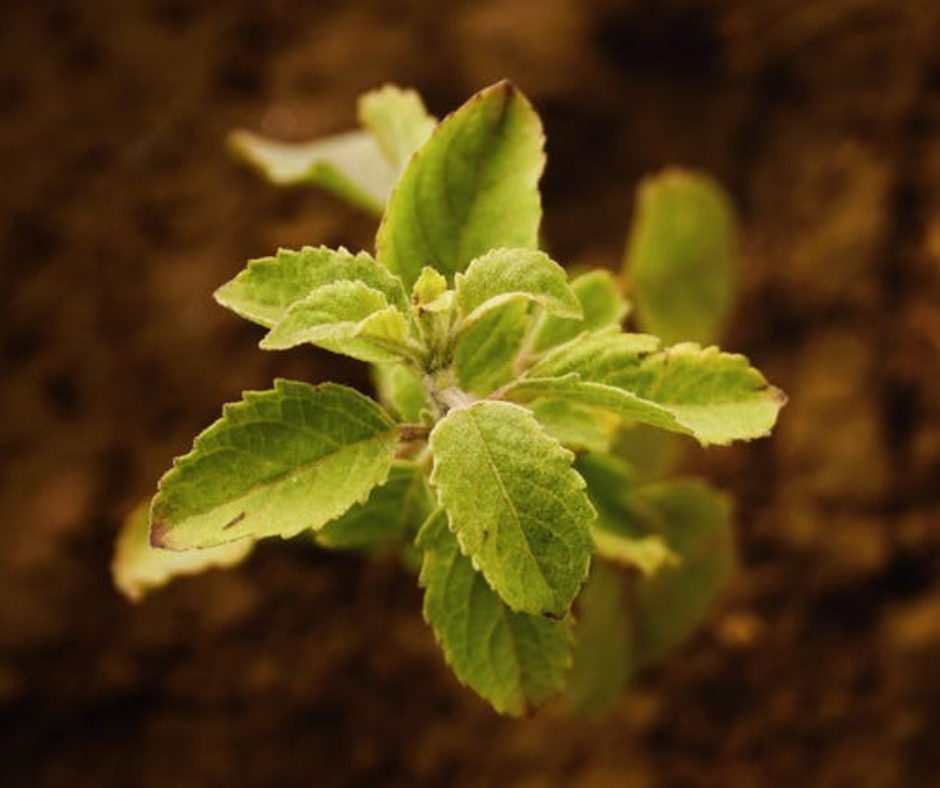The 7th Annual Growing Resilient Communities Gathering: Locally Grown Changemakers
Last week we held our 7th Annual Growing Resilient Communities Gathering which highlighted the efforts of locally grown changemakers. This conference brought together over 200 individuals from across the state to hear stories from those doing work in communities to create more supportive communities for individuals and families. Guest speakers shared about their experiences building coalitions and making change in their communities.
Change can take place at many levels. A theme that emerged at this year’s Gathering was the importance of addressing underlying, often systemic, issues. A panel of youth from St. Louis Park specified how important it is to take systemic barriers into account when planning your action steps. They shared their experience using a “Collective Impact” approach in determining what issue to focus on to strategically address youth mental health. This approach centers those most impacted by the issue at the center of the decision-making and encourages digging deeper into qualitative and quantitative data to find the root causes that need changing.

Wilder Research’s data evaluation beliefs from the session “Grounding our Work in Community Voice: Creative Evaluation and Research Methods.”
Similarly, researchers from Wilder Research shared their approaches for ensuring that the data they are collecting is true to the populations they are serving. By using alternative approaches to data collection and evaluation, you can capture community wisdom and match your method to the community you are partnering with. A foundational value that guides their approach is that “both the experience of evaluation participants and the results are important.”
Ensuring the collection of community wisdom through good data practices is critical to informing the way forward for community efforts. A panel of parent leaders shared their experiences as parents and as advocates for families, from navigating schools to engaging in family services. They emphasized how important it is for those with lived experience to inform change. “Your lived experience, or something you’re going through right now, is crucial,” said panelist Tonya Long. “You need to share that, work on it, and if it’s a problem for you, find out what group handles that….” Panelists called on parents to build their confidence and seek out opportunities to share their perspectives at decision-making tables. They also encouraged family service providers to be welcoming to parents and remove barriers to parent participation in decision-making. Having methods and spaces to collect this wisdom is important for ensuring your work reflects your community.

“Bold Yet Seldom Told: Crow Wing Community Stories” book cover
Several speakers shared their experiences collecting data and stories from their communities. Community leaders from Crow Wing Energized shared data collected from over 100 one-on-one conversations with community members about the strengths, challenges, and future of their communities. The process informed local organizations and systems; it also inspired a story project — Bold Yet Seldom Told: Crow Wing Community Stories — which aims to strengthen the mental and social-emotional health of the community by telling powerful stories of community members. Members of a panel of public health coalition leaders also shared their experience collecting data and stories from communities. “The value in our work is having [mental health workers] involved in all of the decisions and steps that we take,” said Reba Mathern-Jacobson from the Lung Mind Alliance with the American Lung Association. “Their experience on the ground gives authenticity to the work that we’re doing.”
Addressing the complex challenges facing our communities isn’t easy, and the speakers emphasized that to lead in your communities, you must make space to care for your own wellbeing. Leo Johnson III from a public health coalition leaders panel asked “Who’s healing the healers? How are we emphasizing thriving instead of surviving?” while discussing the need for mental health care for community leaders.
Speakers from indigenous communities shared their cultural practices for healing. For example, Sarah Andersen and Ashlee Jallen of the Native American Community Clinic shared how their clinic provides holistic healing services, including giving traditional medicines like sweetgrass, sage, and tobacco, and offering camps, retreats, ceremonies, and groups centered on traditions like drumming, beading, and more. The conference ended with a keynote presentation from two speakers from the Center for Mind-Body Medicine. Donna La Chapelle and Dr. Joanne Riegert from White Earth Nation led the group in the healing practices of belly breathing and shaking exercises to help the audience learn opportunities for healing through these practices and get attuned to the body’s ability to heal.
These stories from those creating change in their community highlight the importance of ensuring that community voices can be heard, including from those who may be new to community work. “I’ve done a lot of things I never thought I would be able to do or would ever do,” said a youth panelist on his experience engaging with coalition building. Creating space for those with lived experience to share and heal is critical to creating equitable and impactful community change, because as parent leader Tonya Long said, “We need to make change, and the only way we can make change is if we change it together.”
You can view full recordings of sessions and session handouts by visiting the homepage of the 7th Annual Growing Resilient Communities Gathering.

The Gathering was made possible by support from the Center for Prevention at Blue Cross Blue Shield of Minnesota and More Resilient Minnesota.

